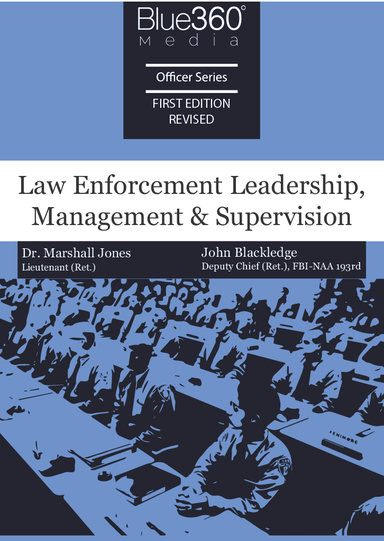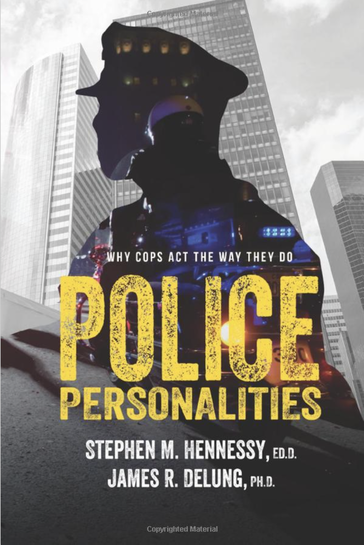UNDERSTANDING THE LAW ENFORCEMENT PERSONALITY PROFILE RESULTS
It is important that the administrators of the Law Enforcement Personality Profile® understand the instrument, the benefits of using it and its limitations. It is used by college and university professors, in-service trainers , leadership and executive coaches,as well as police psychologists. You do not need a special certification to use the materials. The instructions and explanations for use are in the materials and Power-Points provided. Dr. Hennessy is more than willing to spend time to help you in using the instrument to your best advantage.
The Law Enforcement Personality Profile;
It is important that the administrators of the Law Enforcement Personality Profile® understand the instrument, the benefits of using it and its limitations. It is used by college and university professors, in-service trainers , leadership and executive coaches,as well as police psychologists. You do not need a special certification to use the materials. The instructions and explanations for use are in the materials and Power-Points provided. Dr. Hennessy is more than willing to spend time to help you in using the instrument to your best advantage.
The Law Enforcement Personality Profile;
- It is well researched and normed against other cognitive instruments that measure Jungian cognitive preferences.
- It describes an individual’s preference in how they take in information and prefer to make decisions. It indicates preferences in the method, not absolutes.
- It is a self reporting and non-judgmental instrument that describes behavior. It should not be used to predict behavior, however, it easily describes four common personalities and their usual behaviors in the public safety profession, how best we function in the organization, and the world around us.
- The vast majority of individuals who take the instrument typically agree that the descriptors of their strengths as defined by the Profile are correct.
- Individual results are confidential unless the individual chooses to share them with others.
- It can describe various strengths people bring to the profession of law enforcement and also describe possible challenges we face with each of the four personalities.
- Behavior can and does change over time and, while individuals are usually true to type or strengths of their cognitive styles, they can understand and learn to use lesser strengths as well.
- Personality and behavior is complex. The results of the Law Enforcement Personality Profile describes an individual's behavior, however, does not explain all of the many complexities of why people act as they do. While we do share common behaviors with each other, everyone is an individual.
Police Personalities
|
Law Enforcement Leadership, Management & Supervision
Written by Dr. Jones, Lt. (Ret.) and Deputy Chief (Ret.) Blackledge, Law Enforcement Leadership, Management & Supervision provides a robust mix of theory and practical application for current and aspiring sergeants, lieutenants - and those who aspire to higher command. Jones and Blackledge include best practices, along with illustrative case examples and self-assessments. |
|
WHY COPS ACT THE WAY THEY DO
By: Stephen M. Hennessy, Ed.D. (Author), James R. DeLung, Ph.D (Author) This book is an important addition to every police officer, recruit, or student of law enforcement’s knowledge base. It helps explain why cops act like cops. The turbulent environment in which law enforcement currently operates draws close scrutiny and occasional shrill criticism from the far right, the far left, and the political center. It is an essential read to help understand the various ways law enforcement officers take in information and make decisions. |


